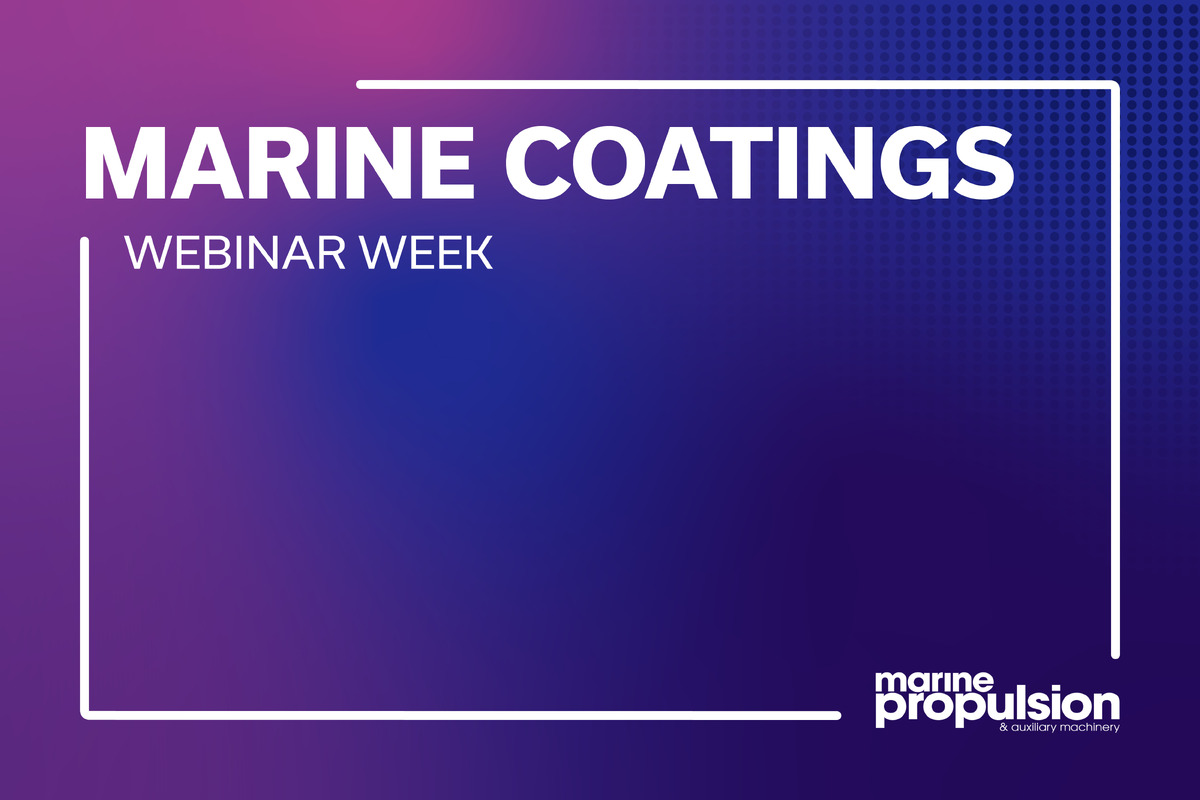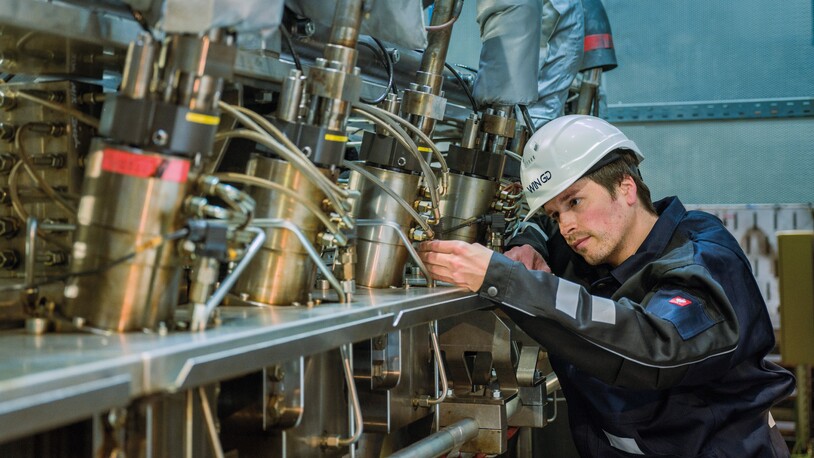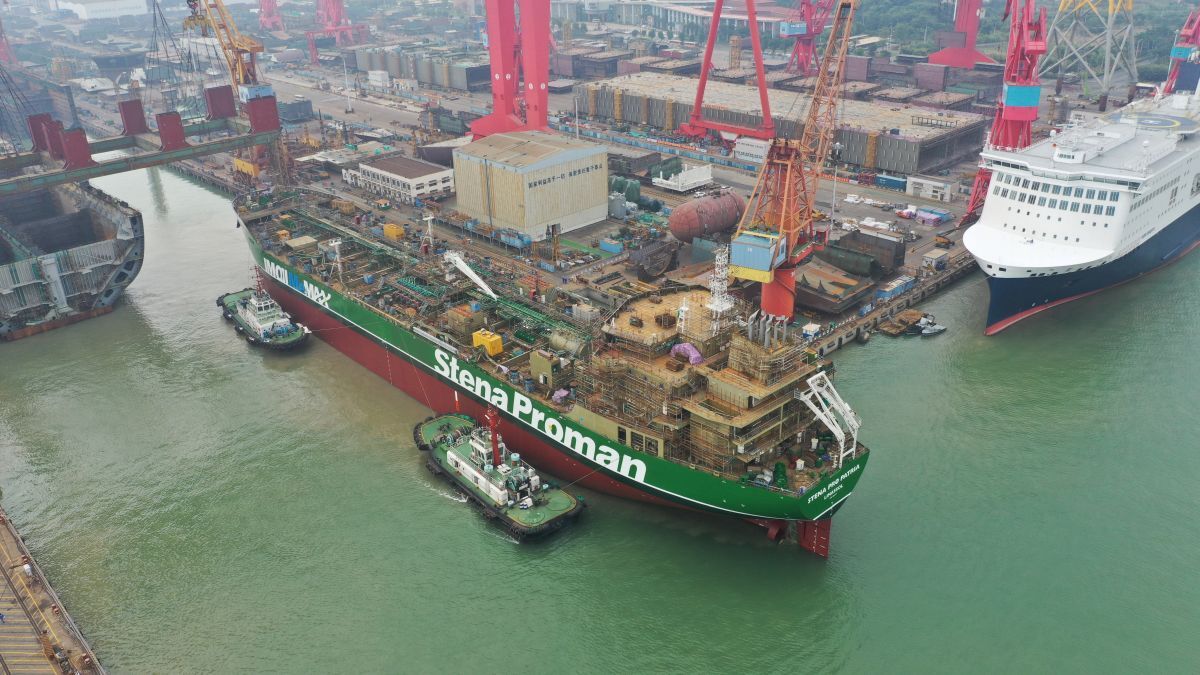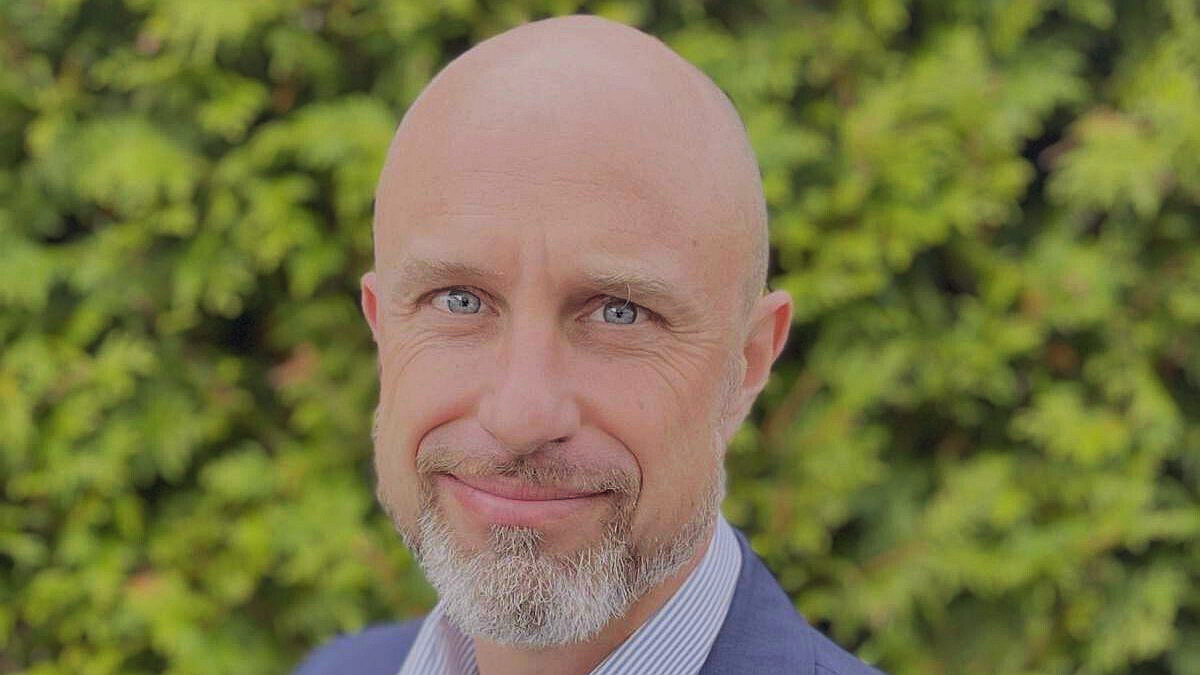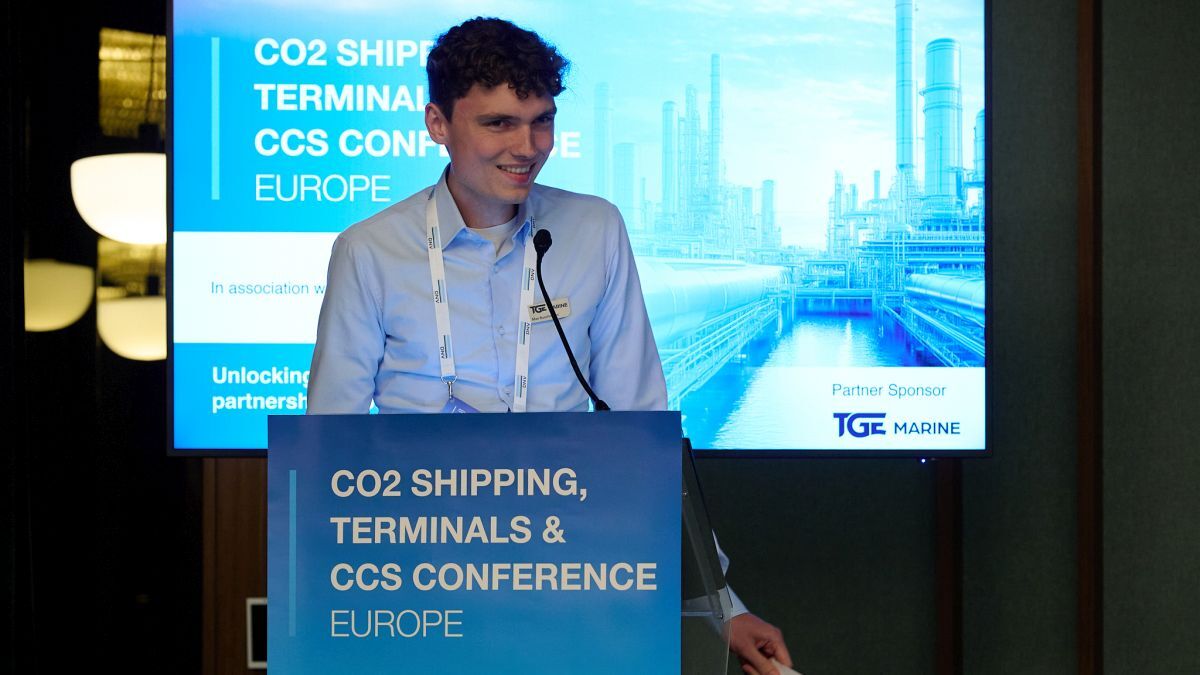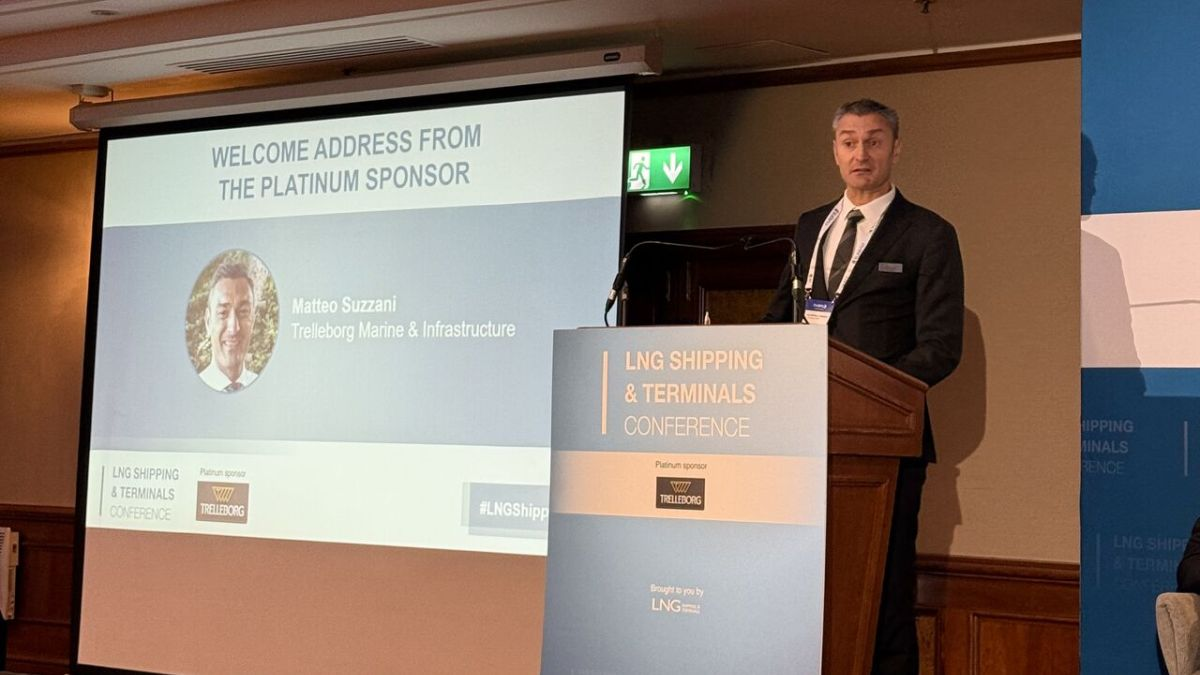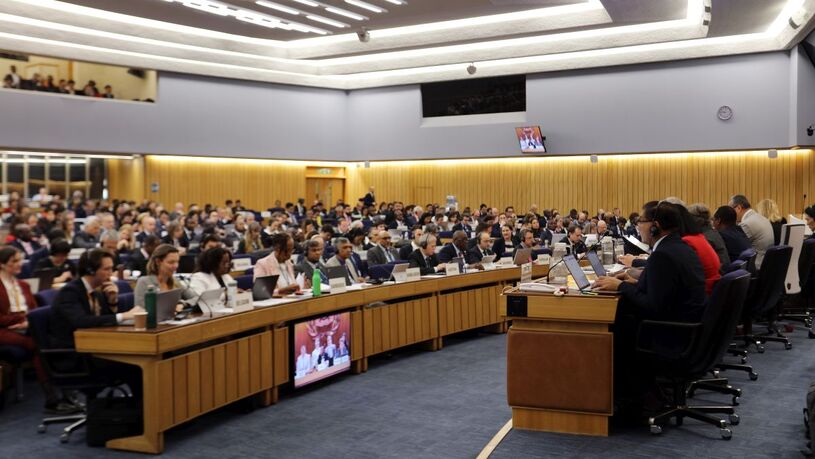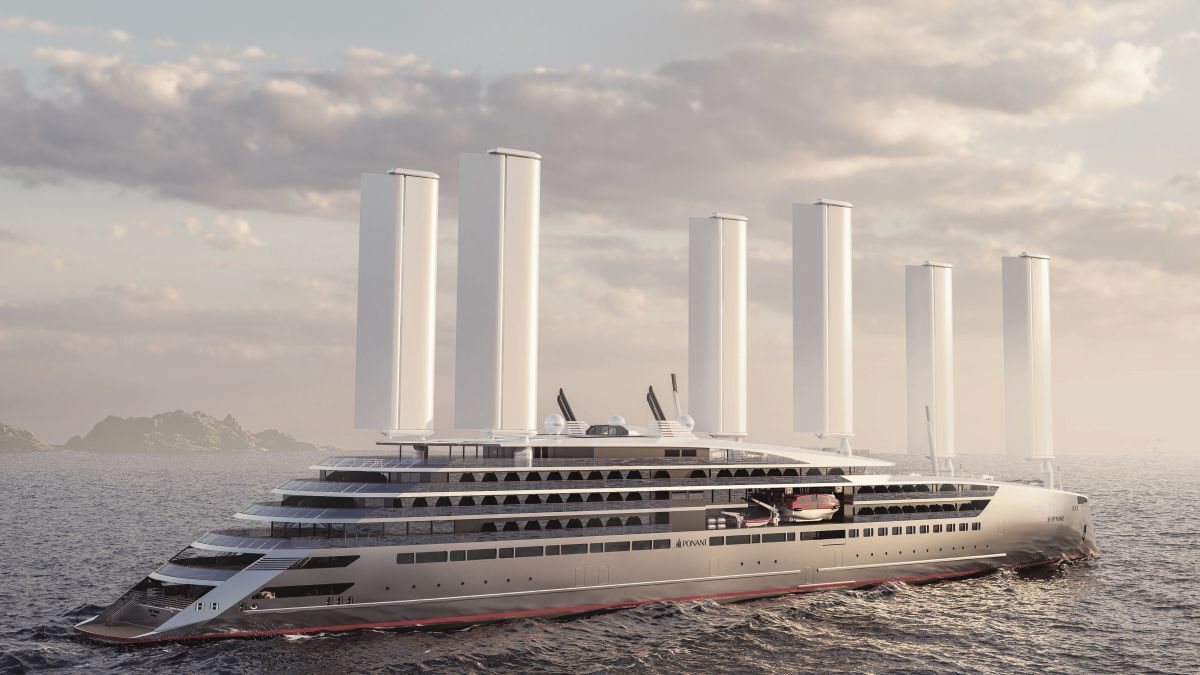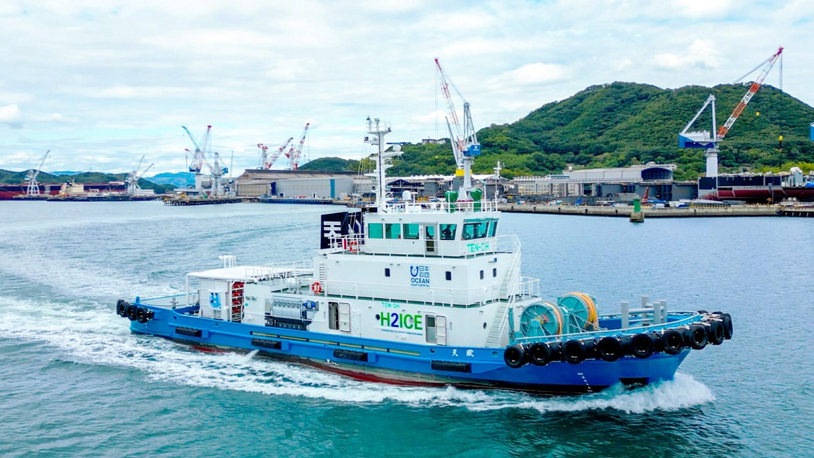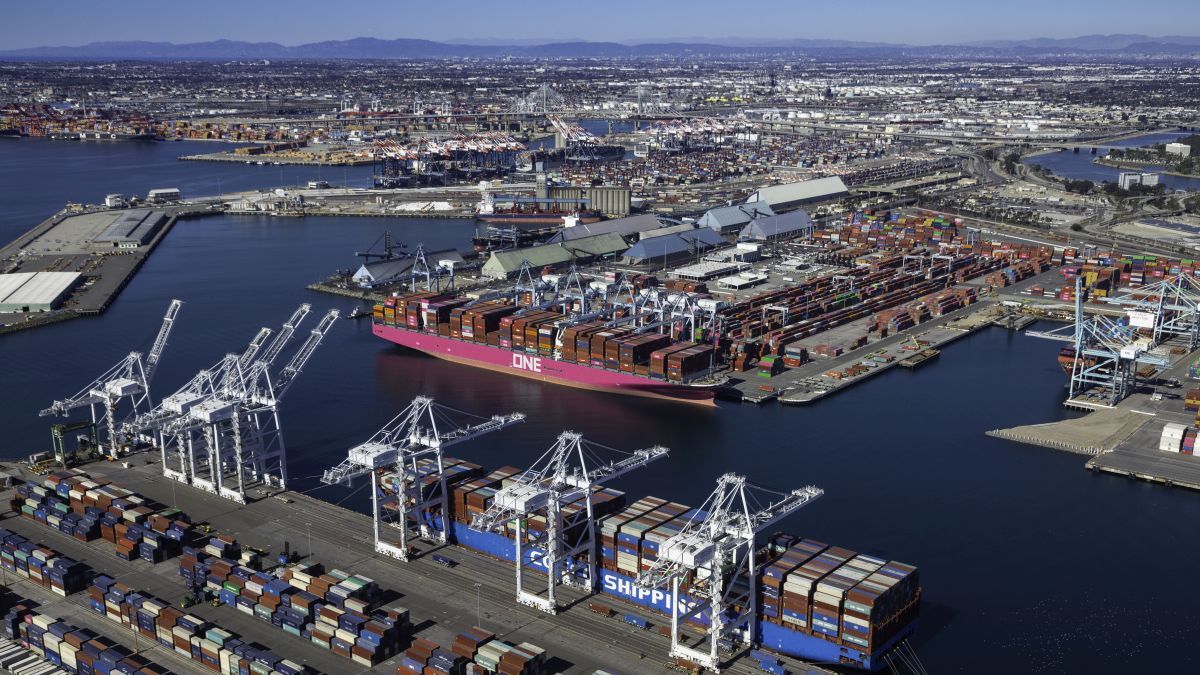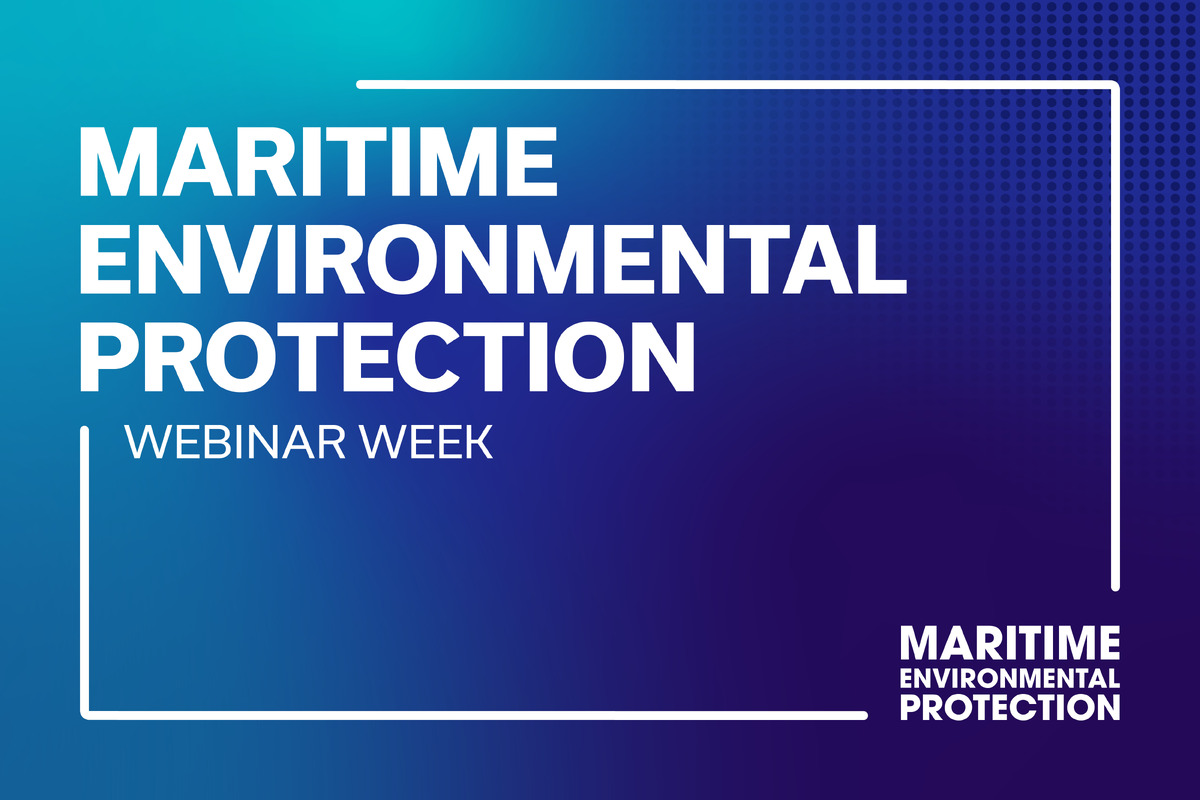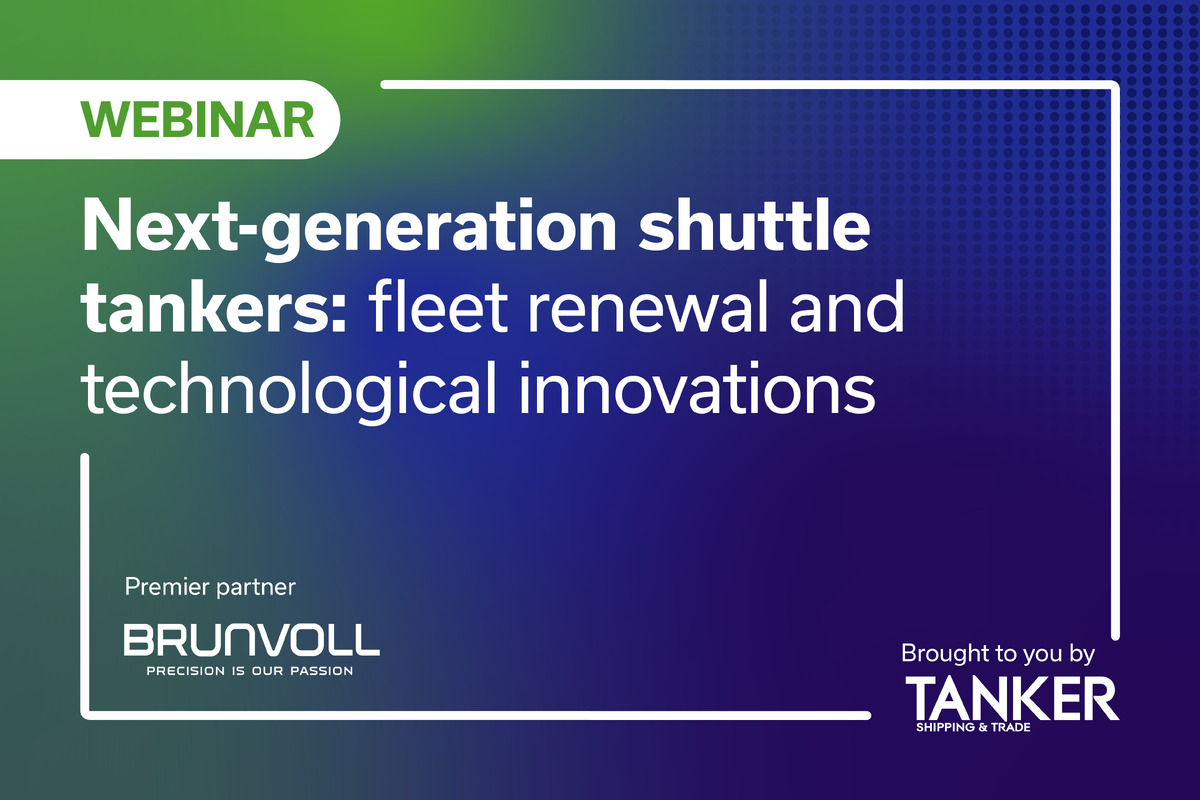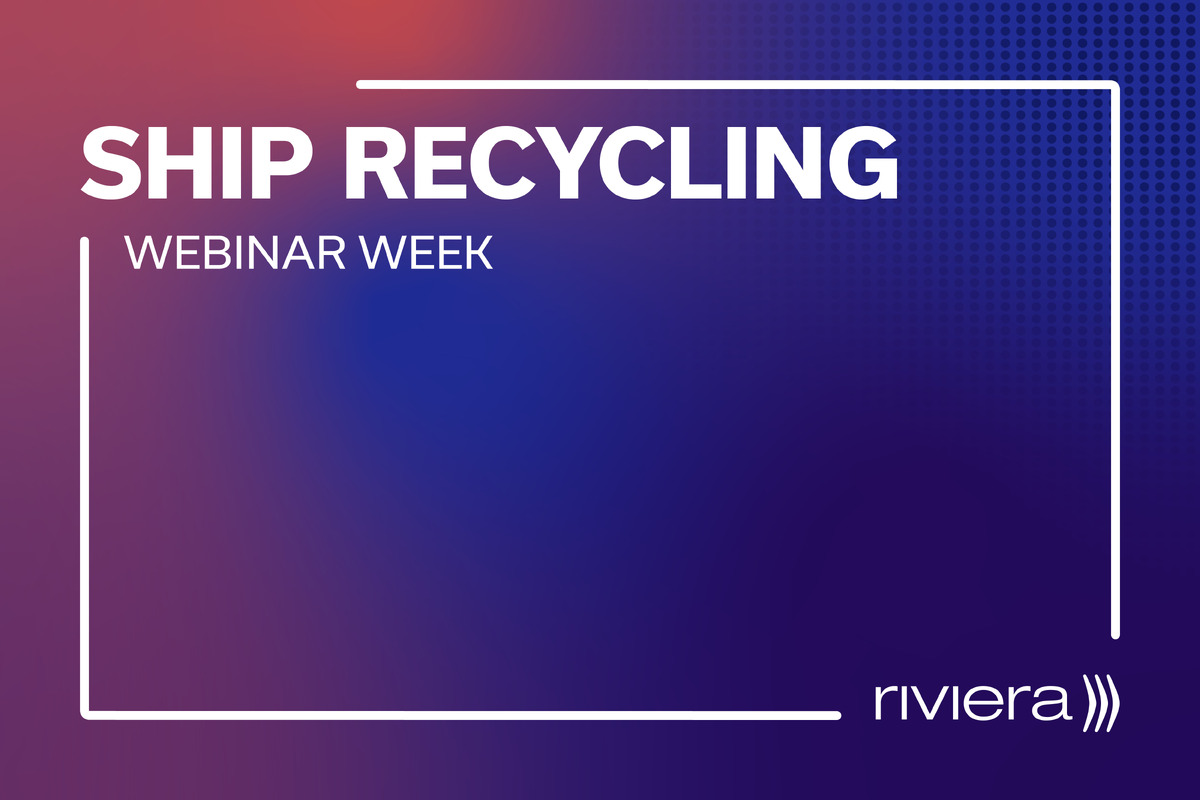Business Sectors
Events
Marine Coatings Webinar Week
Contents
Register to read more articles.
Collaborative efforts underpin methanol’s uptake as a marine fuel
Shipowners secure immediate supply and path to future supply of green fuels through partnerships and investments in methanol producers as global fleet grows to 39
Backed by pioneers Stena, Waterfront Shipping, Maersk and Proman, methanol continues to gain traction as a carbon-cutting marine fuel in two-stroke and four-stroke applications. There are 39 vessels in operation, on order or under construction that will be capable of using methanol as a fuel, according to DNV.
While it’s still a fossil fuel, methanol’s path to carbon neutrality widens with the introduction of green versions of the fuel. Recent collaborative efforts between shipping companies and fuel producers are underpinning its uptake as a marine fuel and the future availability of green methanol.
The 49,999-dwt MR tanker Capilano Sun is the latest to join the global fleet, following its delivery in early November by South Korea’s Hyundai Mipo Dockyard (HMD). Capilano Sun makes 13 tankers operating with methanol dual-fuel propulsion. In the case of Capilano Sun, it applies a two-stroke, dual-fuel Hyundai-MAN 6G50ME-C9.6-LGIM engine, which can burn methanol or HFO. By mixing water into the methanol during the combustion process, it lowers the combustion temperature, allowing it to meet Tier III NOx regulations.
Under long-term charter to Hisafuku Kisen KK and Waterfront Shipping Co, Capilano Sun is one 18 methanol carriers operated by Mitsui OSK Lines.
Waterfront Shipping’s parent, Methanex, is a major producer of methanol. It sold a 40% stake in Waterfront Shipping to MOL in October for US$145M.
Environmental benefits
While commonly produced with natural gas and coal, ‘grey’ methanol can still reduce harmful shipping emissions across the board; SOx by up to 99%, particulate matter by up to 95%, NOx by up to 80%, and CO2 by up to 15%, compared to vessels using conventional fuel oil. Enhanced ship emissions benefits will come from carbon-neutral ‘green’ methanol, which can be made from renewable sources, such as municipal waste, biomass and recycled carbon dioxide.
Stena-Proman JV
Another methanol-powered MR tanker, Stena Pro Patria, hit the water in November. Built for Proman Stena Bulk, Stena Pro Patria is the first of a series of three such tankers ordered by Swiss-based methanol producer Proman and JV partner Stena Bulk from China’s Guangzhou Shipyard International (GSI). As was the case for Capilano Sun, Hyundai Engine & Machinery (HHI-EMD) built and supplied a two-stroke, slow-speed, dual-fuel Hyundai-MAN 6G50ME-C9.6-LGIM IMO Tier III-compliant engine for Stena Pro Patria. Plans call for the MR tanker to enter service in early 2022.
Proman has three other methanol tankers it will solely own but jointly operate with Stena on order at GSI. The first of these, Promise, is due for delivery in Q3 2022, with Provident and Progressive following in Q4 2023.
“Collaboration and partnerships are key to scaling the production and distribution of sustainable fuels”
Enginebuilder HHI-EMD has already delivered 14 engine sets of two-stroke methanol engines and secured 17 others on its order book.
Each of the Proman Stena Bulk tankers will burn about 12,500 tonnes of methanol annually. A potential source of future green methanol could come from a proposed plant that will use renewable energy in combination with captured CO2, located at the Nigg Oil Terminal in the Highlands of Scotland. Proman has inked a deal with the terminal’s operator, Global Energy Group.
Proman and Stena are building on their JV and are jointly developing a ‘Retrofit & Supply’ solution, enabling both Stena’s vessels, as well as third-party vessels, to use methanol as a marine fuel.
In 2015, Stena was a pioneer in using methanol as a fuel on the ropax ferry Stena Germanica. Working with Methanex and Stena, Wärtsilä converted the ropax ferry’s four four-stroke Sulzer 8ZA40S main engines to burn methanol.
Stena Rederi chief executive Carl-Johan Hagman sees the ‘Retrofit & Supply’ venture as “another avenue to explore the use of methanol on more ship types.”
| Vessels using methanol as fuel, in operation or on order | |
| Type | # of vessels |
| Oil/chemical tankers | 25 |
| Container ships | 9 |
| Gas tankers | 2 |
| Ropax | 1 |
| Offshore vessels | 1 |
| Tugs | 1 |
Methanol-powered box ships
This is already happening. HiMSEN’s first methanol dual-fuel, four-stroke medium-speed engines will be delivered to HMD for installation in AP Møller-Maersk’s 2,100-TEU container feeder vessel, under construction for delivery in Q4 2022. These two HiMSEN 6H32F-LM generator engines will each be rated 3,000 kW at 720 rpm.
HHI-EMD is building a two-stroke, dual-fuel MAN B&W 6G50ME-LGIM for the main propulsion power for the 172-m long by 32-m wide feeder ship, which will sail in the network of Sealand Europe, a Maersk subsidiary, on the Baltic shipping route between Rotterdam in northern Europe and the Bay of Bothnia.
Maersk followed up its initial order for the newbuild feeder ship at HMD with a series of eight 16,000-TEU container ships at the South Korean shipyard – all powered with methanol dual-fuel engines. Those eight two-stroke, dual-fuel MAN B&W 8G95ME-LGIM engines are being built by HHI-EMD.
MAN Energy Solutions senior vice president and head of two-stroke business Bjarne Foldager, called the order a “massive milestone” when it was announced in August, saying the engines “will be the largest methanol-burning engines ever constructed.”
The technology for these larger 95-bore engines is based on MAN Energy Solutions’ 50-bore counterpart, which has amassed more than 100,000 running hours on methanol alone.
If Maersk exercises an option, it could increase its investment to 12 methanol-burning box ships at HMD; this will require HHI-EMD to build four more methanol dual-fuel engines. The option must be exercised by 2025. The first of the confirmed vessels are due to enter service in Q1 2024.
Challenges of carbon neutrality
MAN Energy Solutions states that the new engines will be capable of burning bio-methanol as well as e-methanol, laying the groundwork for Maersk’s container ships to be carbon neutral when they enter service.
The carbon neutrality of the vessels is no sure thing; it is tied to the availability of carbon-neutral methanol, which is not guaranteed, and Maersk says sourcing the fuel would be "challenging" initially.
“Maersk will operate the vessels on carbon-neutral e-methanol or sustainable bio-methanol as soon as possible. Sourcing an adequate amount of carbon-neutral methanol from day one in service will be challenging, as it requires a significant production ramp up of proper carbon-neutral methanol production, for which Maersk continues to engage in partnerships and collaborations with relevant players,” the company says.
“Grey methanol can still reduce harmful shipping emissions across the board”
One of those partnerships Maersk is betting on is a new Danish facility developed by REintegrate and European Energy that will produce 10,000 tonnes of carbon-neutral e-methanol. The methanol facility will use renewable energy and biogenic CO2 to produce the e-methanol. Production is expected to start in 2023.
The energy needed for the power-to-methanol production will be provided by a solar farm in Kassø, southern Denmark. The location in Denmark for the power-to-methanol facility is still to be decided.
Maersk is hedging its bets; just weeks after its partnership with REintegrate, it announced it was investing in California-based WasteFuel, a US start-up focused on turning waste into sustainable aviation fuel, green bio-methanol, and renewable natural gas.
AP Møller-Maersk VP and head of decarbonisation Morten Bo Christiansen, who has joined the board of WasteFuel, is realistic about the hurdles ahead for carbon neutrality. “We know that sourcing an adequate amount of green fuel for our methanol-fueled vessels will be very challenging, as it requires a significant production ramp up globally,” he says. “Collaboration and partnerships are key to scaling the production and distribution of sustainable fuels, and we look forward to doing exactly that with WasteFuel,” says Mr Christensen.
Related to this Story
Events
Marine Coatings Webinar Week
Maritime Environmental Protection Webinar Week
Ship Recycling Webinar Week
© 2024 Riviera Maritime Media Ltd.
